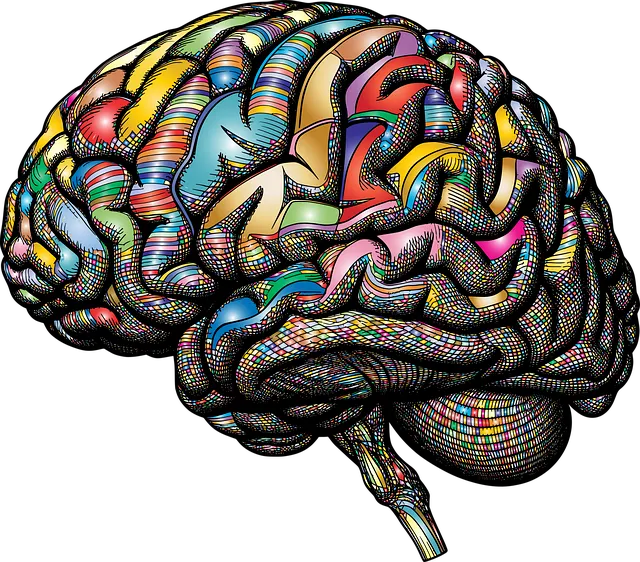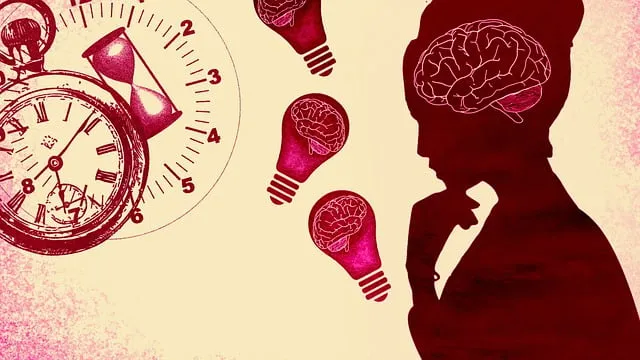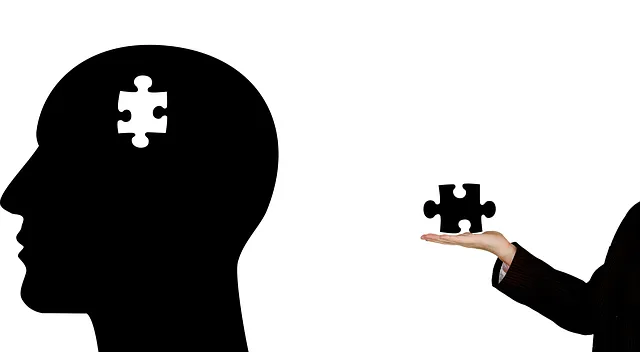Kaiser Permanente behavioral health services in Parker provide comprehensive support for mental health conditions, combining evidence-based therapies with a holistic approach focusing on self-care and mindfulness. Their Social Skills Training program equips individuals with anxiety or depression practical tools for confident social navigation, fostering connections and boosting well-being through communication, empathy, and conflict resolution skills. This integrated approach enhances social functionality, builds support networks, and promotes long-term mental resilience, transforming lives and strengthening community outreach efforts.
Social skills training plays a pivotal role in managing mental health conditions, fostering better interactions and improving overall well-being. This article explores this crucial aspect of holistic care, focusing on the comprehensive programs offered by Kaiser Permanente Behavioral Health Services and the innovative approach of Parker’s Social Skills Development methods. We delve into the numerous benefits for various mental health disorders, offering insights into how accessible training can revolutionize support systems. From understanding the need to implementing programs, read on to discover how social skills training is transforming lives.
- Understanding the Importance of Social Skills Training
- Kaiser Permanente Behavioral Health Services: An Overview
- Parker's Approach to Social Skills Development
- Benefits for Mental Health Conditions
- Implementing and Accessing Social Skills Training Programs
Understanding the Importance of Social Skills Training

Social Skills Training plays a pivotal role in enhancing the lives of individuals managing mental health conditions, such as anxiety or depression, offered by Kaiser Permanente behavioral health services Parker. It goes beyond mere therapy; it equips participants with the tools to navigate social situations confidently, fostering meaningful connections and improving overall well-being. By focusing on communication, empathy, and conflict resolution techniques, Inner Strength Development through Social Skills Training becomes a game-changer in managing mental health challenges. Participants learn to express their feelings effectively, understand others’ perspectives, and de-escalate conflicts, thereby creating a supportive network that is crucial for sustainable recovery.
Kaiser Permanente Behavioral Health Services: An Overview

Kaiser Permanente Behavioral Health Services offers a comprehensive range of support for mental health conditions in Parker and beyond. With a dedicated team of professionals, they provide evidence-based treatments tailored to individual needs. The services encompass various therapeutic approaches, including cognitive-behavioral therapy (CBT), dialectical behavior therapy (DBT), and interpersonal therapy, designed to help individuals manage symptoms, improve coping mechanisms, and enhance overall well-being.
Beyond traditional therapies, Kaiser Permanente emphasizes the importance of self-care practices and mindfulness meditation as integral parts of their holistic approach to burnout prevention. They encourage clients to develop sustainable lifestyle habits that promote mental resilience, fostering an environment where individuals can thrive and lead fulfilling lives despite challenges.
Parker's Approach to Social Skills Development

Parker’s Approach to Social Skills Development focuses on empowering individuals with mental health conditions to navigate social interactions with confidence. This method, often integrated into Kaiser Permanente behavioral health services, leverages evidence-based techniques to teach and reinforce essential social skills. By combining group therapy sessions with individualized coaching, Parker creates a supportive environment where participants can practice communication, assertiveness, and emotional regulation in real-world scenarios.
This holistic approach goes beyond mere instruction by involving peer support and role-playing exercises tailored to address specific challenges faced by individuals with various mental health conditions. The goal is not only to enhance social functionality but also to foster a sense of belonging and self-efficacy. Incorporating stress management techniques, as advocated in Mental Health Policy Analysis and Advocacy, and burnout prevention strategies for healthcare providers further strengthens this methodology, ensuring that participants develop both personal and professional coping mechanisms.
Benefits for Mental Health Conditions

Social skills training plays a pivotal role in enhancing mental well-being, especially for individuals managing various mental health conditions. Kaiser Permanente behavioral health services Parker recognizes the profound impact that social connections and effective communication can have on one’s recovery journey. By offering tailored programs, they aim to empower patients with the necessary tools to navigate social interactions confidently.
This form of training acts as a catalyst for personal growth, fostering inner strength development and enabling individuals to build supportive networks. The benefits extend beyond improved relationships; it boosts self-esteem, enhances coping mechanisms, and promotes a sense of belonging. Moreover, community outreach program implementation becomes more effective when individuals have acquired these social skills, creating a ripple effect of positive change within their communities.
Implementing and Accessing Social Skills Training Programs

Implementing and accessing Social Skills Training Programs is a multifaceted process that requires collaboration between various stakeholders, including Kaiser Permanente behavioral health services, community organizations, and healthcare providers. One effective strategy is to integrate social skills training into existing care models, such as those offered by Parker-based practices, ensuring continuity of care for patients with mental health conditions.
The integration can be facilitated through a comprehensive Community Outreach Program Implementation, which includes Crisis Intervention Guidance tailored to diverse populations. Additionally, Healthcare Provider Cultural Competency Training is vital to ensure that all staff involved in delivering these programs are equipped to address the unique needs and challenges faced by individuals from different backgrounds. This holistic approach not only enhances access to social skills training but also improves patient outcomes and promotes a more inclusive support system.
Social skills training, as demonstrated by programs like those offered by Kaiser Permanente Behavioral Health Services and Parker’s approach, plays a pivotal role in enhancing mental well-being. By focusing on essential social competencies, individuals with various mental health conditions can improve their relationships, communication, and overall quality of life. Incorporating such training into treatment plans can lead to significant benefits, fostering better societal integration and improved mental health outcomes for all involved.






